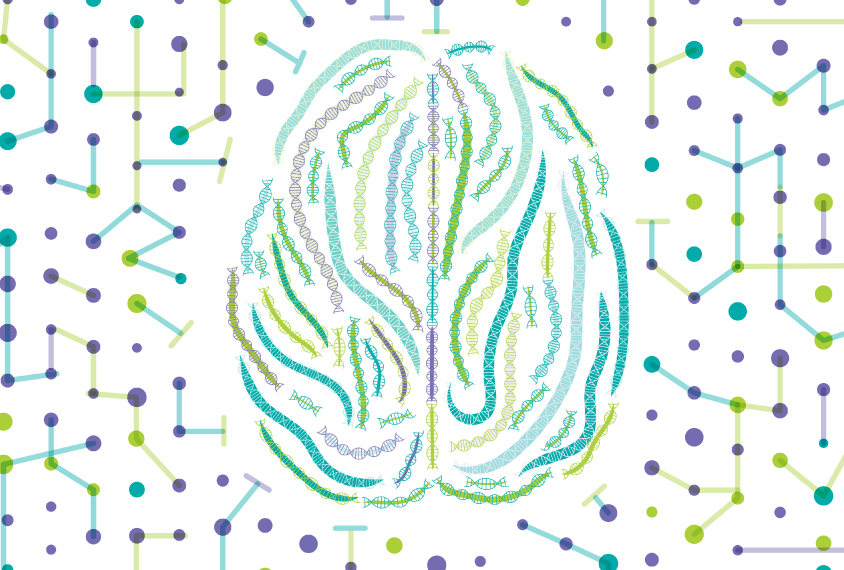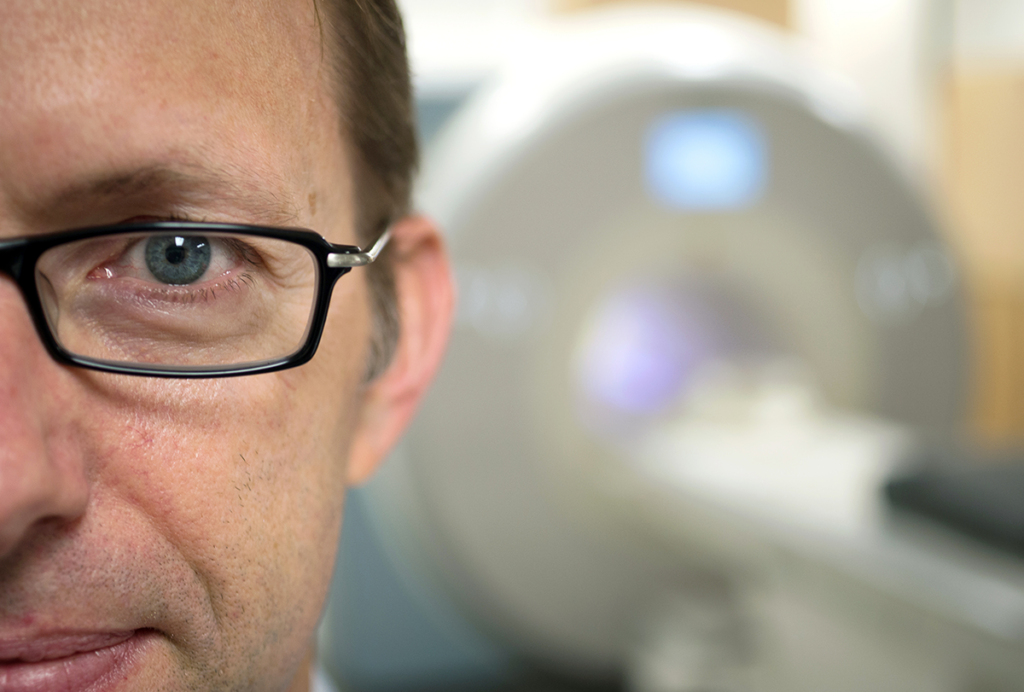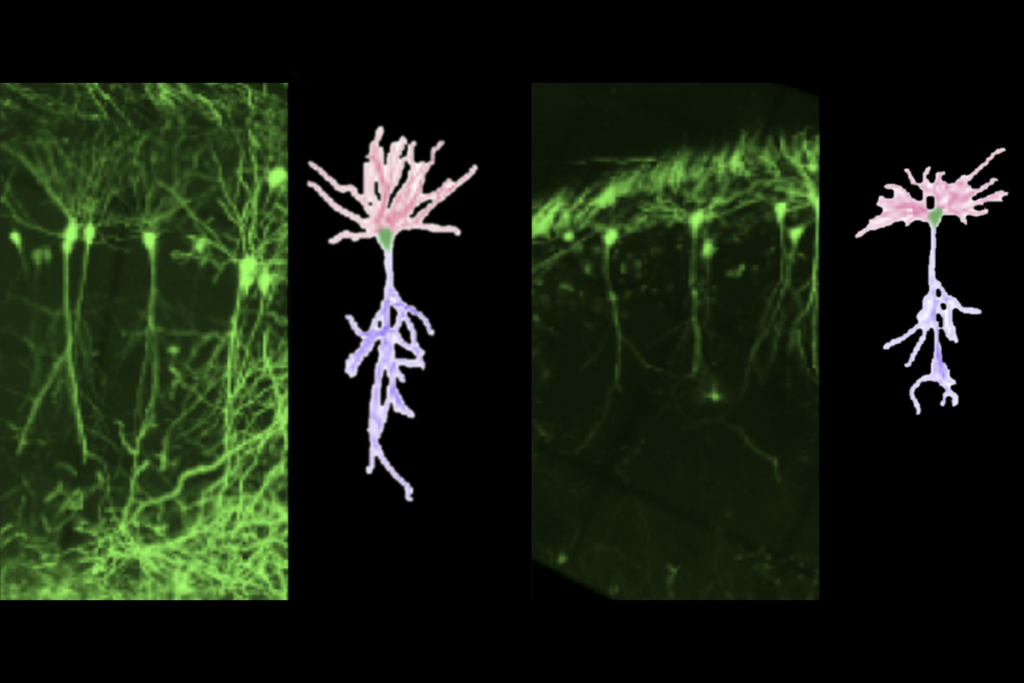David Ledbetter is chief clinical officer of Dascena, a personalized medicine company.
David Ledbetter
Chief clinical officer
Dascena
From this contributor
There are no autism-specific genes, just brain genes
There is not yet a single example of a gene that, when mutated, increases the likelihood of autism but not of other neurodevelopmental conditions, including intellectual disability.

There are no autism-specific genes, just brain genes
Developmental disorders should be viewed as continuum
Intellectual disability, autism, epilepsy and schizophrenia should be considered part of a spectrum of developmental brain dysfunction, says David Ledbetter.

Developmental disorders should be viewed as continuum
Explore more from The Transmitter
A brief history of precision self-scanning
When a researcher solved a logistical problem by going rogue, the idea proved remarkably infectious.

A brief history of precision self-scanning
When a researcher solved a logistical problem by going rogue, the idea proved remarkably infectious.
Sensory profiles in autism, and more
Here is a roundup of autism-related news and research spotted around the web for the week of 19 January.

Sensory profiles in autism, and more
Here is a roundup of autism-related news and research spotted around the web for the week of 19 January.
Frameshift: At a biotech firm, Ubadah Sabbagh embraces the expansive world outside academia
As chief of staff at Arcadia, Ubadah Sabbagh gets to do science while also pushing the boundaries of how science gets done.

Frameshift: At a biotech firm, Ubadah Sabbagh embraces the expansive world outside academia
As chief of staff at Arcadia, Ubadah Sabbagh gets to do science while also pushing the boundaries of how science gets done.